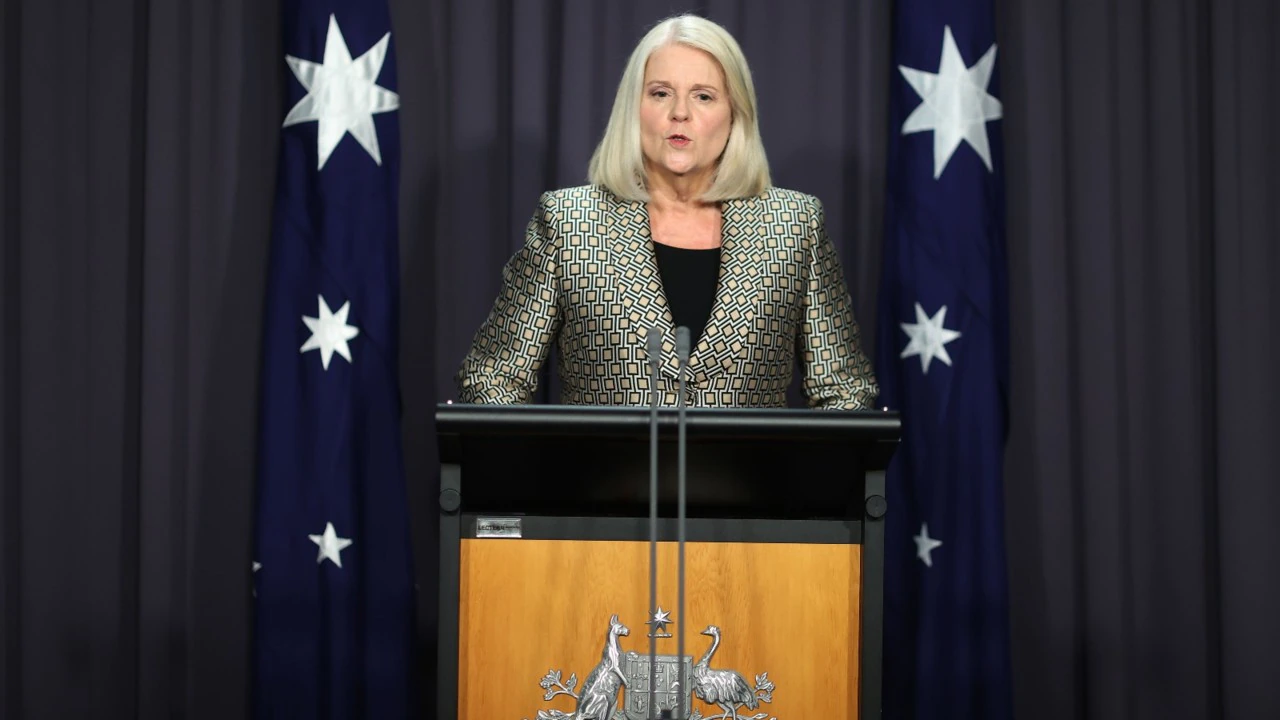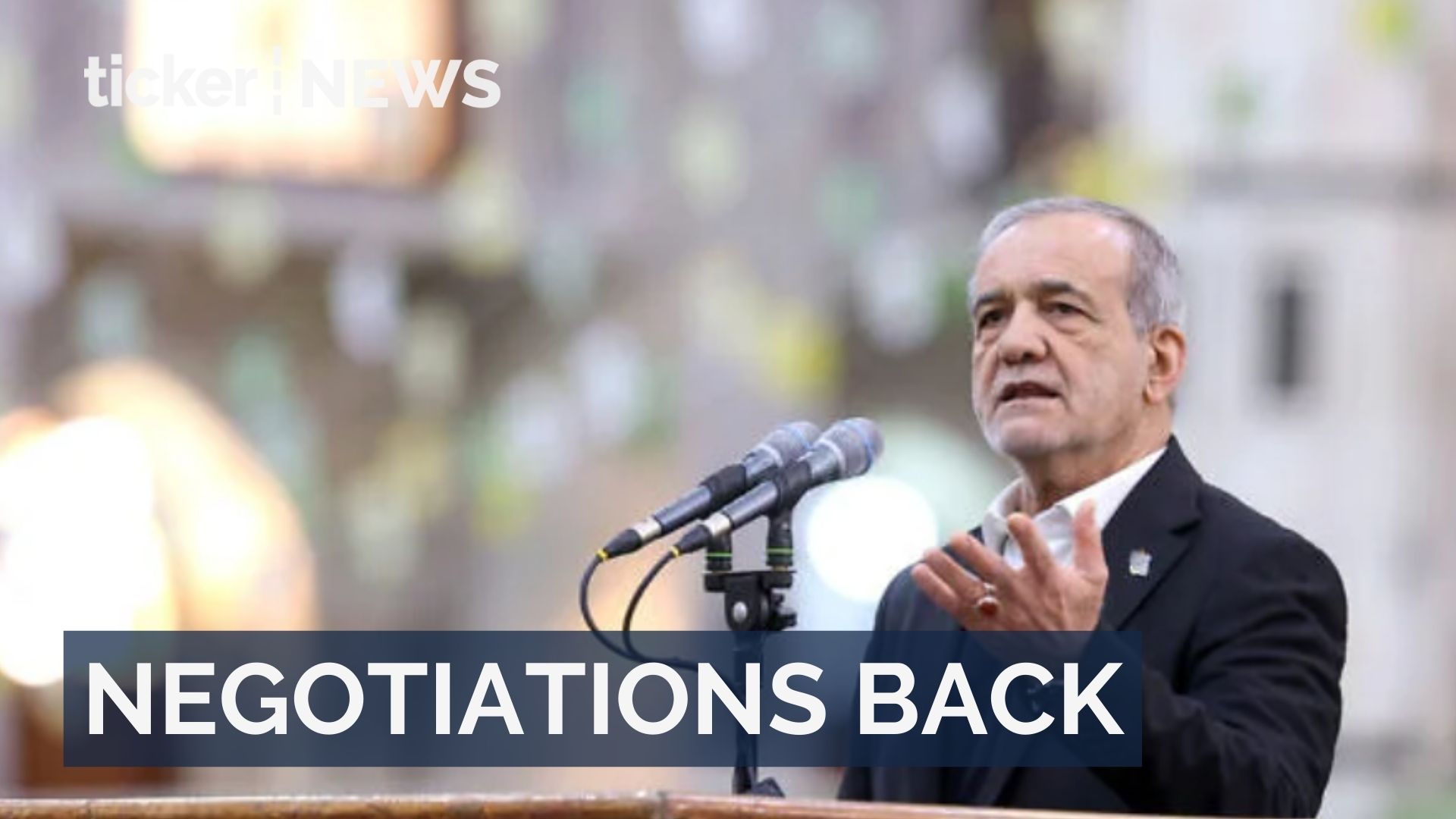News
Australia lists Neo-Nazi hate group and Hezbollah as terrorist organisations

News
U.S. – India trade deal cuts tariffs and reshapes global energy flows
US cuts tariffs on Indian goods to 18%; India reduces Russian oil imports and enhances US energy purchases.
News
Iran orders nuclear talks with the U.S. as tensions rise at home and abroad
Iran seeks nuclear talks with the U.S. in Turkey, amid concerns over missiles, uranium, and domestic unrest.
News
Trump responds as Kristi Noem mandates body cameras for federal officers in Minneapolis
Trump advocates body cameras for police to prevent false claims; Noem mandates all federal officers in Minneapolis to wear them.
-



 Tech2 days ago
Tech2 days agoNvidia and Amazon explore massive OpenAI funding round
-



 Money14 hours ago
Money14 hours agoAustralia’s inflation hits 3.8%: Budget decisions under pressure
-



 Money18 hours ago
Money18 hours agoWall Street gains momentum amid tech and earnings surge
-



 Shows2 days ago
Shows2 days agoHow AI is transforming real estate investment strategies
-



 News5 days ago
News5 days agoBig Tech earnings spark investor unease over AI spending
-



 Money5 days ago
Money5 days agoU.S. dollar weakens while Australian dollar rises amid global market shifts
-



 Ticker Views12 hours ago
Ticker Views12 hours agoUS-Russia nuclear arms control treaty comes to an end
-



 Ticker Views3 days ago
Ticker Views3 days ago3 things to know about Kevin Warsh, Trump’s nod for Fed chair








